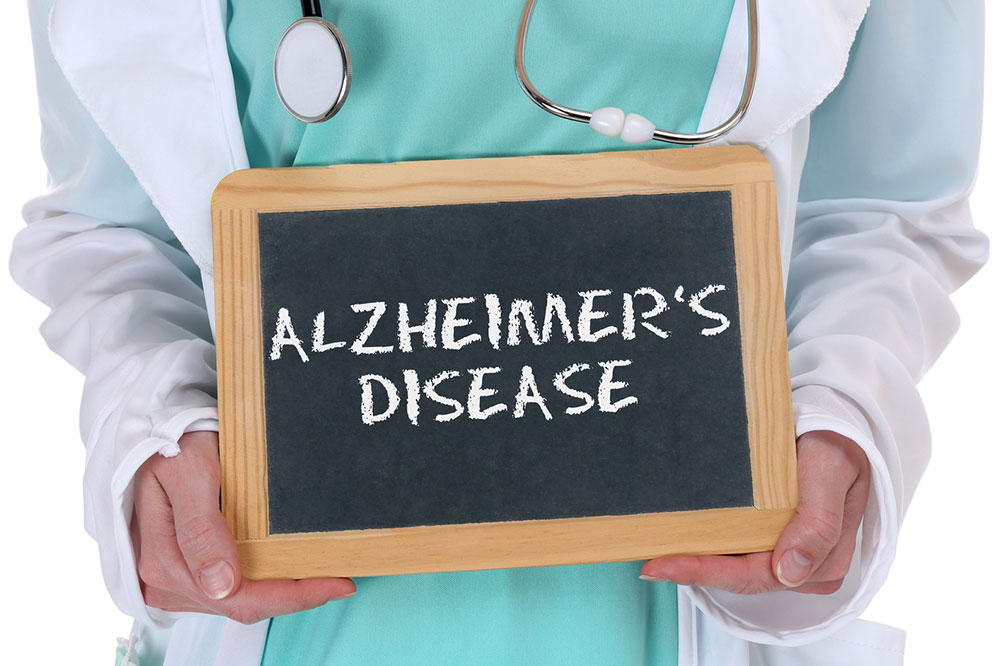Understanding Alzheimer's Disease: Causes, Symptoms, and Prevention
This article provides an in-depth overview of Alzheimer's disease, including its causes, symptoms, risk factors, diagnosis, and preventive measures. It highlights the importance of early detection and healthy lifestyle choices for better management and improved quality of life for affected individuals.

Alzheimer's disease is one of the leading causes of dementia worldwide. It progressively damages brain cells, leading to a steady decline in mental functions. Early indicators often include memory impairment and difficulty completing familiar activities. Although no definitive cure exists, medications and therapies can slow progress and improve quality of life.
Signs and Symptoms: The most prominent symptom is memory loss. Family members may notice loved ones forgetting appointments, misplacing items, or struggling to follow conversations. Other affected abilities include reasoning, decision-making, personality, daily tasks, behavior, mood, speech, and problem-solving.
Causes: The exact cause remains unknown, but the disease involves damage to brain neurons, especially in regions responsible for memory. It is associated with the buildup of toxic protein clusters called plaques and tangles—Beta-Amyloid plaques and tau Tangles—that disrupt neural communication and support systems.
Risk Factors: Several factors influence the development of Alzheimer's:
Age: The risk significantly increases after age 65.
Genetics: Family history and certain genes, like APOE e4, elevate the risk, though they do not guarantee disease onset.
Lifestyle: Poor diet, inactivity, smoking, excessive alcohol consumption, and lack of mental engagement can contribute.
Diagnosis: Medical professionals assess cognitive abilities through various tests, review medical history, family background, and lifestyle factors to diagnose Alzheimer's.
Prevention: While it cannot be completely prevented, adopting a healthy lifestyle can lower risk. Eating antioxidant-rich foods, maintaining physical activity, avoiding harmful habits, managing health conditions like hypertension or diabetes, and engaging in socially and mentally stimulating activities can help protect brain health.
When to Seek Medical Advice: Noticing signs like memory lapses or behavioral changes warrants prompt consultation. Early diagnosis helps manage symptoms effectively and improves quality of life.










